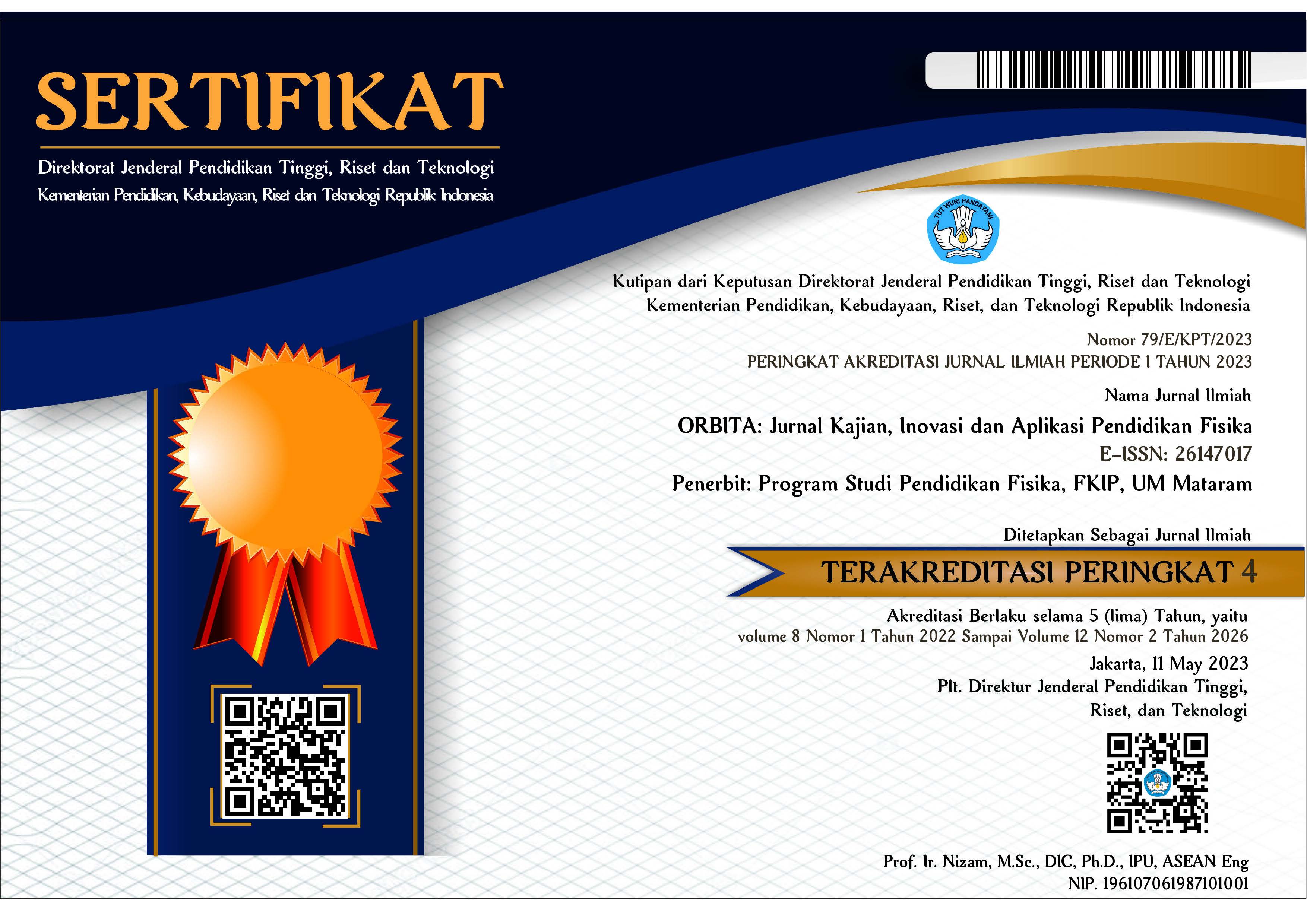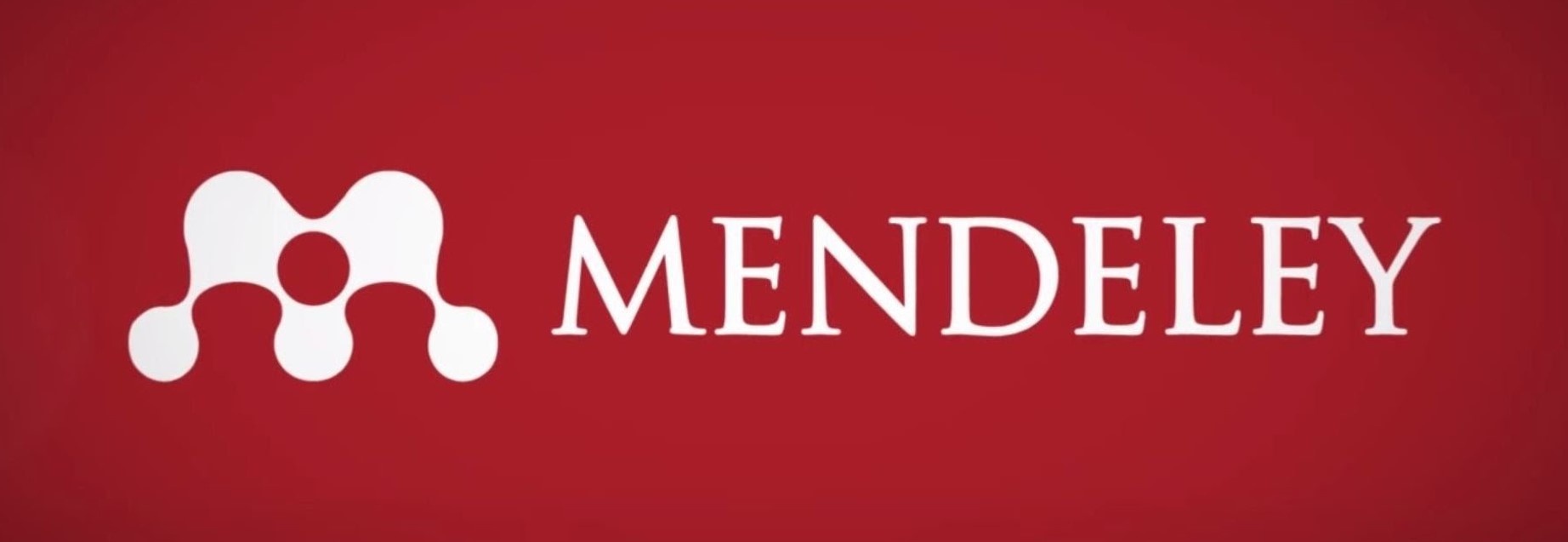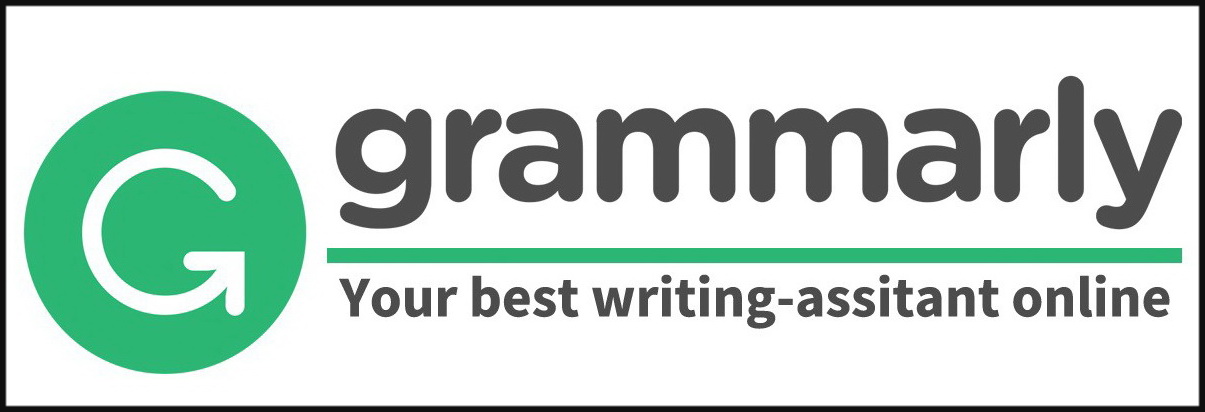Practical Design for Vibration Concepts Based on Problem Based Learning to Improve Science Process Skills
Abstract
This research is important to carry out the learning achievements (CPL) of the mandatory physics education study program in developing 21st century skills, especially science process skills (KPS). Apart from that, the practicum function which is still valid today in the FKIP UMMAT physics education study program has not been able to train KPS students well because the design of practicum activities has not been based on science processes and problem based learning (PBL), causing KPS students to not be able to improve. This research will produce an innovative practicum learning method to improve KPS in a concrete and structured manner. The aim of this research is to design a practical program for the Vibration concept which is outlined in the form of a practical activity sheet (LKPR) and a KPS assessment instrument with the target of improving the science process skills (KPS) of physics education students. The method used is Research and Development (R&D) through the ADDIE (Analysis, Design, Development, Implementation, Evaluation) process which begins with analyzing problems, needs and solutions; designing LKPR and assessment instruments, then validating and testing on a small scale and evaluating the product for further revision and implementation. The KPS pretest and posttest quantitative data were analyzed using inferential statistics and the normalized gain test to determine the KPS improvement category. Data analysis using the help of Ms. software. Excel and IBM SPSS v.23. It was concluded that the practicum design had the characteristics of applying a problem-based model, oriented towards laboratory investigation activities, using traditional musical instruments and computer-smartphone technology devices through three phases and six stages. The practicum program has had a significant impact in increasing student KPS which shows a significant increase in all aspects of KPS. Students give positive responses to the practicum program because it can practice science process skills.
Keywords
DOI: https://doi.org/10.31764/orbita.v10i2.27167
Refbacks
- There are currently no refbacks.

This work is licensed under a Creative Commons Attribution-ShareAlike 4.0 International License.
______________________________________________________
ORBITA: Jurnal Pendidikan dan Ilmu Fisika
p-ISSN 2460-9587 || e-ISSN 2614-7017
This work is licensed under a Creative Commons Attribution-ShareAlike 4.0 International License.
EDITORIAL OFFICE:


























